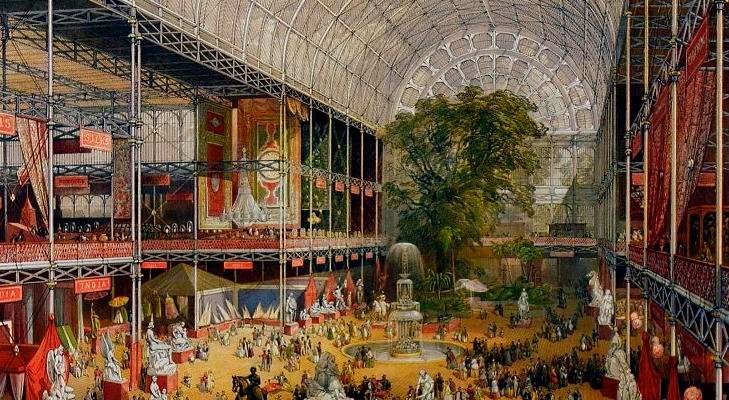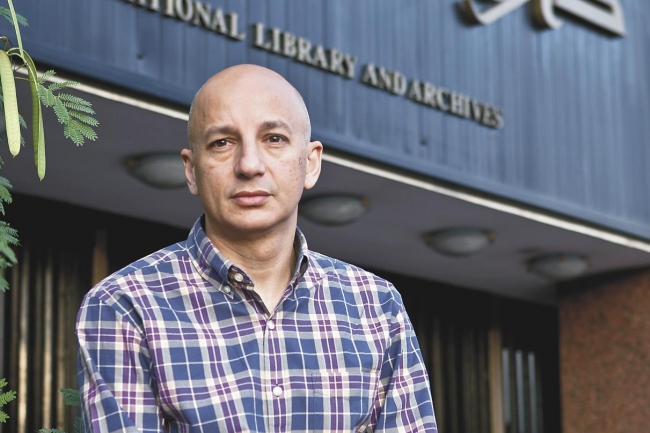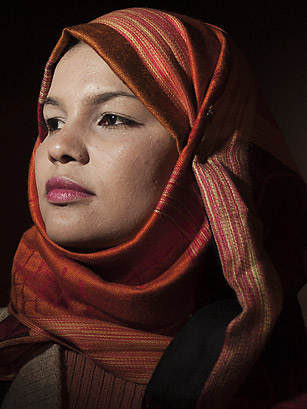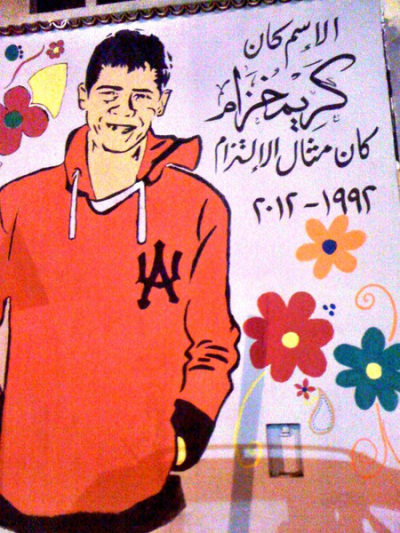Published in The Cairo Review of Global Affairs on September 4, 2012 A TV show recently invited me to talk about the history of Egyptian constitutions, and the lessons we can draw from this history in our efforts to draft a new constitution. I was immediately struck by how little I knew. We were taught nothing about our constitutional rights in civics classes in school, and our history classes stressed the victories of our nation rather than our rights as citizens. So, I have been struggling to catch up. I learned from a colleague, for example, that the so-called liberal…
Leave a CommentKhaled Fahmy Posts
Published in Ahram Online on August 29, 2012 It was republished in Free Speech Debate on September 10, 2012 Looking at Egypt, historian Khaled Fahmy affords a harrowing insight into the status of that most indispensable of commodities: the book In recent weeks I encountered two incidents that made me feel extremely sorrowful about the situation of books, reading, and indeed culture, in Egypt. The first happened in New York City, and requires a brief background For the past few years, I have been working on a book that tackles the social and cultural history of Egypt during the 19th century.…
4 CommentsA short speech on the right to information and the importance of free speech delivered at the Frontline Club, London, on July 30, 2012
Leave a CommentAn article by Ursula Lindsey published in the Chronicle of Higher Education on June 12, 2012 Group hopes to encourage inquiry with an open archive of the revolution THE EGYPTIANS who poured into the streets of their cities early this year were well aware that they were making history. “In 10 years, when I see my children studying Egyptian history, I want to say: ‘I was there,’” Ahmad, a young demonstrator on his way into Tahrir Square, told me on February 4, a week before President Hosni Mubarak was driven from office. Egypt is still living through its revolution, and…
Leave a CommentAn interview with Edward Stourton of the BBC 18 months after the outbreak of the Revolution (my interventions are at 1:46, 3:36, 5:58 and 25:43). Another link is here. Edward Stourton explores the prospects for post-revolution government, following the Arab Spring. Elections are being held, but can voters be sure autocratic rule is in the past? Contributors, in order of appearance: Aref Ali Nayed, Islamic theologian and Libyan ambassador to the United Arab Emirates. Khaled Fahmy, professor of history at the American University in Cairo. Marina Ottaway, senior associate of the Middle East programme at the Carnegie Endowment for International…
Leave a CommentAn interview with Julian Worricker, Kate Adie and Baria Alamuddin on the BBC’s World Today program discussing the results of the first round of the presidential elections in May 2012. At issue is the fear of the impact of a Muslim Brotherhood’s victory on women’s rights; role of Saudi Arabia in the Egyptian political system and the larger question of the role of political Islam in Egypt. (at 36:50) http://www.bbc.co.uk/programmes/p00s4728
Leave a CommentAn interview with Edward Stourton on the BBC Radio 4 on what it meant to grow up by the Nile in Cairo. This is the second of three parts by Stourton on Egypt. The first bit (on Aswan) and the third (on the Delta) parts are every bit as interesting.
Leave a CommentPublished in Egypt Independent on March 23, 2012 On 11 March, a military court acquitted a former military doctor accused of conducting the infamous “virginity tests” on a number of women who had been detained by the military in March of last year. The case was brought by a 25-year old woman, Samira Ibrahim, who was among those on whom these degrading and humiliating tests had been conducted. Immediately after hearing the verdict, Ibrahim collapsed in tears, considering it a travesty of justice. Soon thereafter, however, she decided to take her case to the African Commission on Human and Peoples’…
Leave a CommentPosted on Facebook on March 21, 2012 The reasons for my call for a boycott of the German University in Cairo and declining to attend the conference on “Downtown Cairo” due to be held at GUC on 24 and March 25, 2012: I believe that the university, any university, must be an open place where everyone has the right to express their opinion without threat or intimidation; this right, furthermore, should not be limited on campus to a certain place or time. Providing a climate that is conducive of intellectual and academic debate at the university is conditional upon the…
1 Comment






